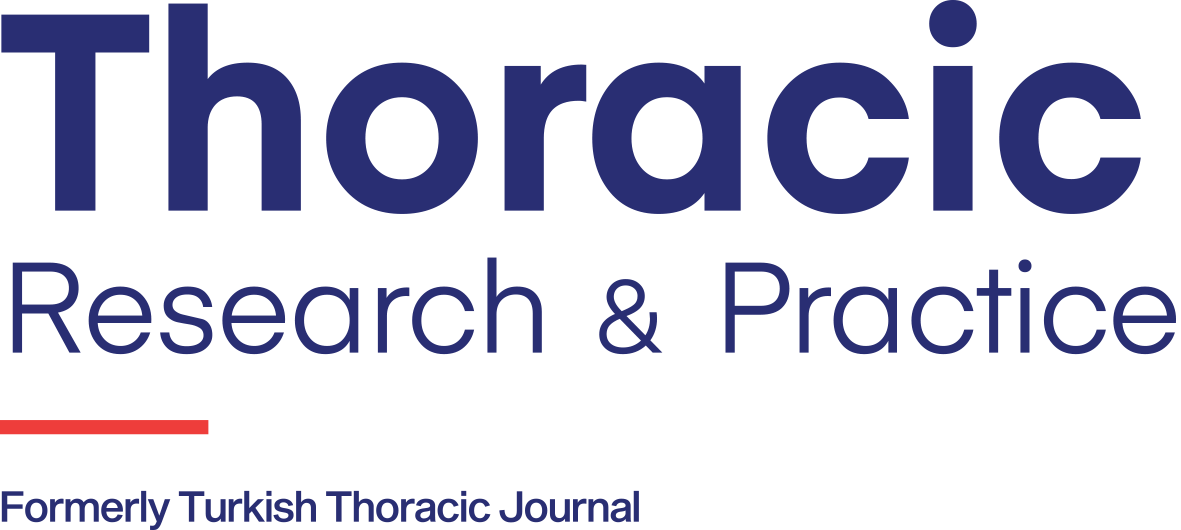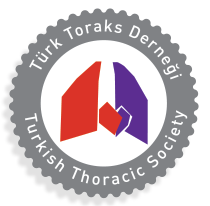Abstract
OBJECTIVE:
Although the sale of electronic (e)-cigarettes and “I Quit Ordinary Smoking” (IQOS) is completely prohibited in Turkey, it is observed that tobacco products are sold on the internet.
MATERIAL AND METHODS:
This descriptive study was conducted between February 11 and 15, 2019, using three search engines (Google, Yandex, and Yaani) in Turkey. All combinations obtained with the keywords (wrapping tobacco, cigarette, hookah, pigtail, cigar, pipe, e-cigarette, snuff, and IQOS) and appendices (sale, price, and shipping) were searched; 2,160 links were scanned. The contents obtained from 130 different URLs were evaluated.
RESULTS:
The most sold product was e-cigarettes (41.2%) and the least sold one was cigarettes (2.5%). Websites contained 500 phone numbers (79%), live support (32.8%), e-mail addresses (67.2%), and postal addresses (42.9%) for communication. Approximately half of the sites had routing tabs to social media. These websites offered some payment facilities (credit card/debit card, 64.7%; money order/electronic funds transfer (EFT), 37.8%; payment at the door, 54.6%) and contained encouraging texts (61.3%) and misinformation (42.9%). More number of websites selling e-cigarettes or IQOS had the campaign sales (89.3% vs 63.6%; p=0.001), possibility of shipping (98.7% vs 86.4%; p<0.05), and false information about the harmlessness of the tobacco products (61.3% vs 11.4%; p<0.001) compared with websites selling other products.
CONCLUSION:
This is the first study to show that the tobacco industry is breaking the laws, and the websites which sell tobacco products are easily accessible to the internet users. It is necessary to strengthen the electronic commerce monitoring and control in Turkey.
Cite this article as:
Çoban T, İncesoy AC, Demir B, et al. Evaluation of tobacco product-selling websites accessed using search engines. Turk Thorac J 2020; 21(6): 377-82.



